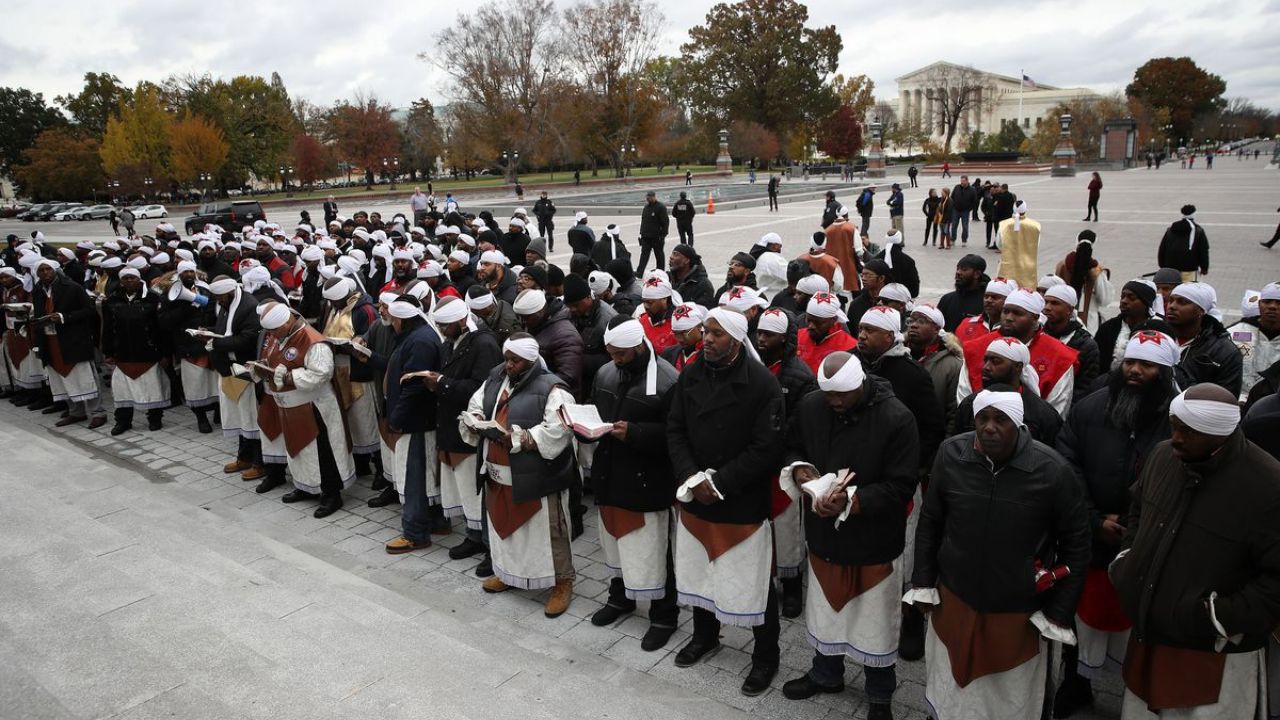Am Yisrael Chai meaning in English and Hebrew explained
On April 20th, 1945, when the Jews of Bergen-Belsen concentration camp were liberated, they raised their voices in a rendition of Hatikvah.
Am Yisrael Chai meaning in English and Hebrew and origin story explained
Following the anthem’s conclusion, British Army Chaplain Rabbi Leslie Hardman exclaimed, “Am Yisrael Chai – the People of Israel live!”
“Un avión lleno de israelíes regresa de Perú para unirse al esfuerzo bélico.
Cantan 'Am Yisrael Chai'. El pueblo de Israel vive.”
Si algo tiene Israel son patriotas.
— EVERSTRONG (@everstrongever) October 11, 2023
Hi. My name is India, and I am Hananya’s wife. Since he has left for the war, I have been running his social media.
Thank you for all your kind messages and support for Hananya as he fights.
Am Yisrael Chai.@indianaftali pic.twitter.com/GvA7SWXYCg
— Hananya Naftali (@HananyaNaftali) October 12, 2023
In 1948, as Israeli Ambassador Golda Meir visited the Great Synagogue in Moscow, a jubilant crowd of 50,000 welcomed her with resounding cries of “Am Yisrael Chai!”
Meaning of Am Yisrael Chai
In 1965, to invigorate the Soviet Jewry movement, Shlomo Carlebach was tasked with composing a song, leading to the creation of the renowned version of “Am Yisrael Chai.”
In 2009, during a visit to the Wannsee Villa in Berlin, where Hitler and Third Reich leaders devised the Final Solution for Europe’s Jews in 1942, Prime Minister Netanyahu inscribed just three words in Hebrew in the visitors’ book, followed by their English translation: “Am Yisrael Chai – The people of Israel live.”
Am Yisrael Chai Signifies?
As a motto, “Am Yisrael Chai” signifies that despite systematic attempts to exterminate and annihilate the Jewish people, they endure tenaciously, guided by God’s hand and their own resilience. God’s eternal covenant with the Jewish People serves as their unwavering support.
A Prayer
“Am Yisrael Chai” is also a prayer, expressing the desire for a unified Jewish people living in safety, security, and harmony.
Explaining the phrase “I will take you to Me as a people” (Exodus 6:7), Rabbi Soloveitchik notes that the political-historical unity as a nation is rooted in the covenant forged in Egypt, even before the giving of the Torah at Sinai. This covenant binds them to a shared historical destiny, where the Hebrew word “עם” (Am), meaning nation, is akin to “עם” (Im), signifying “with.”
This unity is evident through an unavoidable connection in their historical fate. No Jew can disavow their part in this unity, whether they are religious or irreligious, as they all belong to one nation navigating a world that can be vast and at times adversarial.
Aftermath of the Crematoria
In the aftermath of the crematoria, the ashes of Hasidim, pious Jews, radicals, and atheists were intermingled. All must confront an enemy who does not discriminate between believers and non-believers.
The key to a resilient “Am Yisrael” lies in embracing “Im Yisrael,” standing together, unified, loyal, affording one another the benefit of the doubt, and offering favorable judgments of each other. During these trying times, may the people of Israel learn to coexist in harmony and unity. Am Yisrael Chai!
ALSO READ: The Perfect Deal 2023 Kdrama episode 1 and 2 release date, time, where to watch ep online



